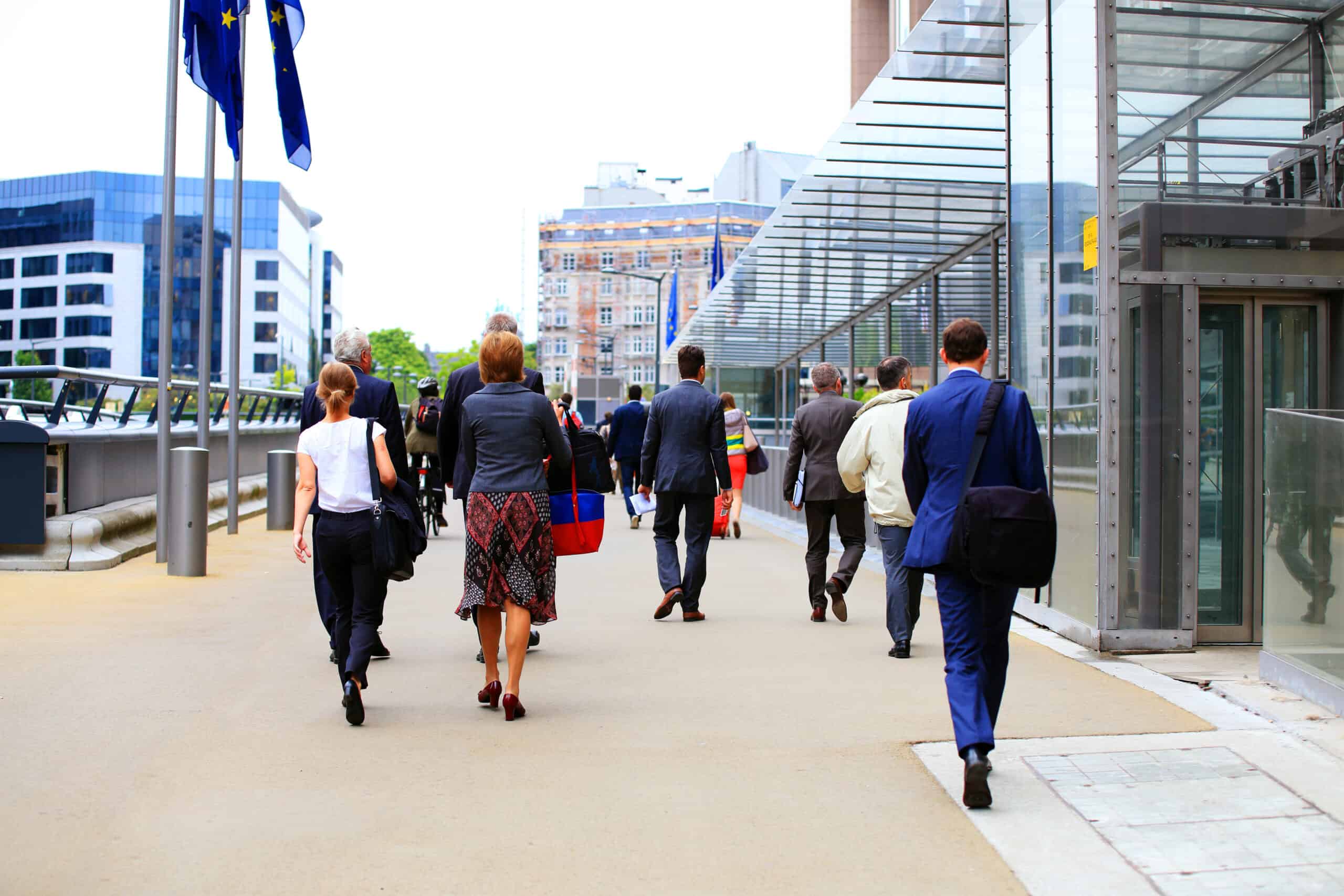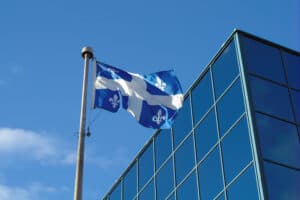Belgians immigrate to Canada by the hundreds every year, primarily under the Federal Skilled Worker (FSW) and Provincial Nominee Programs (PNP) but the Quebec Immigrant Investor Program (QIIP) also offers them the opportunity to settle in a French-speaking province simply by investing in a business.
The latest data from Immigration, Refugees and Citizenship Canada (IRCC) reveals that 610 Belgians became new permanent residents of Canada in 2022 and that by the end of November last year, the country was well on track to have welcomed 551 by the end of 2023.
In the first 11 months of 2023, 45 Belgians became new permanent residents of Canada through the Canadian Experience Class (CEC) program, 270 through the FSW, and another 70 through the PNPs.
Family sponsorships accounted for 80 Belgians immigrating to Canada and the Temporary Resident-to-Permanent Resident Pathway helped another 30 become new permanent residents.
The QIIP is the only passive investment-based immigration program that allows foreign nationals to gain permanent residence in Canada simply by investing $1 million with IQ Immigrant Investisseurs Inc., a Quebec crown corporation, without having to establish or actively manage a business in the province.
Read More
Canada to Cap Annual Numbers of International Students by Province
Immigrant Incomes Are Rising Faster Than Canadians, Report Reveals
Canada In A Population Trap, Say Bank Experts
Belgians who choose to immigrate to Canada through the QIIP must additionally pay a non-refundable financial contribution of $200,000 and intend to settle in the French-speaking province of Quebec.
Successful applicants are then issued a selection certificate from Quebec for Canada immigration, which allows them to obtain their Canadian permanent residence following health and criminality checks by federal immigration officials.
The eligibility criteria include:
- language proficiency
- a legally-acquired personal net worth of $2 million;
- two years of suitable management or business experience within the five years preceding the application;
- mandatory residency;
- investment of $1.2 million into a passive government-guaranteed investment for a period of five years bearing no interest;
- a high school diploma, and;
- the intention to settle in the province of Quebec.
Applicants To QIIP Must Demonstrate French-Language Abilities
The French language proficiency requirement is met by applicants by submitting a Certificate of Test Results (TEF, TEF Canada, TEFAQ, TCF, TCFQ) or a recognized French diploma (DELF or DALF) confirming a B2 level in oral French in speaking and listening along with their application to the QIIP.
Applicants can demonstrate that they have legally acquired the minimum net worth of $2 million by showing the net value of their current assets, as well as their history of acquiring funds over the course of their careers with supporting documentation.
That can be demonstrated using bank statements, investor booklets, real estate evaluations, audited financial statements and other pertinent and up-to-date documentation. Grants received less than six months before applying cannot be included in the net worth calculation.
The principal applicant can share this net worth with a spouse or common-law partner accompanying him or her to Quebec.
Watch Video
Since the intention of the QIIP is to attract business acumen and investment to Quebec, applicants must also have owned or managed by an active trade or business, which may include professional practices, rather than merely have managed investments.
Gray areas under the QIIP include professionals who don’t manage the business, passive real estate investors and investment managers. Developing real estate may qualify while merely owning real estate may not.
“(The applicant must have) … for at least two years in the five years preceding the application for a selection certificate, duties related to the planning, management and control of financial resources and of human or material resources under the investor’s authority; the experience does not include the experience acquired in the context of an apprenticeship, training or specialization process attested to by a diploma,” state the eligibility criteria.
Quebec Selection Certificate Required Under QIIP Before Getting Permanent Residence
Under the QIIP, applicants first apply for an Avis d’intention de sélection du Québec, after receipt of which they can apply for a three-year work permit from federal Canadian immigration officials.
With that Quebec certificate, the principal applicant and their spouse agree to live in Quebec for a period of at least six months within their first two years of receiving work permits – a requirement that can be completed through simultaneous residency or separate periods of six months each.
Once that is completed, the applicant can apply for the actual Certificat de Selection du Quebec (CSQ) from Quebec. As part of this application, the investor needs to establish a clean source of funds and give an interview in French to convince the officer of his or her intention to stay in Quebec.
Once issued a CSQ, they can apply for permanent residence through the IRCC.
Successful applicants are required to make their investment with Investissement Québec for a period of five years at the end of which the capital is returned without interest. The five-year period begins upon issuance of the selection certificate before the applicant has even landed in Canada.
Proceeds from the investment are used to fund various business and social programs within the province of Quebec.
The QIIP allows applicants to finance the bulk of their investment through designated securities brokerage firms and investment banks. Typically, the financing plans require a down payment before the bank loans the balance of up to $1.2 million.
The applicant then deposits that sum with Investissement Québec. The down payment is not refunded at the end of the five-year period. The bank takes fees and interest from the down payment, the immigration agent takes his or her commissions from the down payment.
The net cost to the investor is the down payment.





